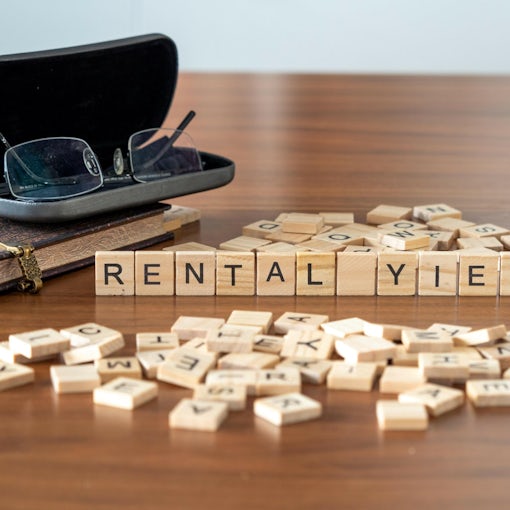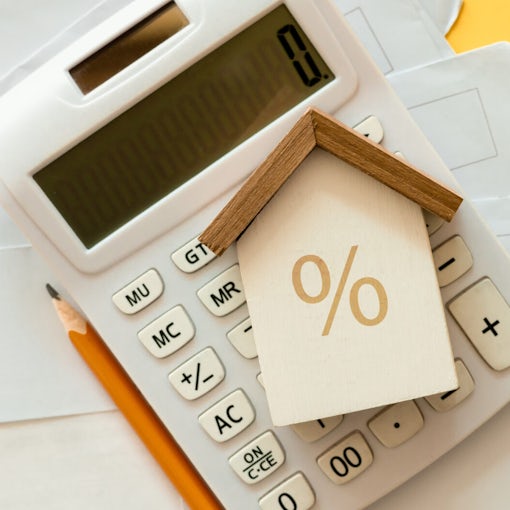As a responsible landlord, you do everything you can to ensure that your tenants are responsible and behave properly. Unfortunately, this isn’t always successful and on rare occasions there can be issues with tenants. Ordinarily one person wouldn’t be held liable for the actions of someone else and this is also typically true for a landlord’s liability when their tenant misbehaves. It is important to note, though, that this isn’t always the case and, in some instances, a landlord can be held liable for the actions of their tenants.

What is liability?
Just so we are clear on what we are talking about here, liability means to be held legally responsible for something. So, in this case, this means a landlord would be legally responsible for their tenant’s actions and could be prosecuted.
What could landlords be liable for?
If a landlord knows that a tenant is engaging in criminal activity and does nothing about this, then the landlord could be held liable for that criminal activity or at least be prosecuted for facilitating a crime. Albeit for a commercial property, there is already legal precedent where a landlord knew about the criminal activity of their tenants, carried on accepting rent and did not report it to the authorities. This landlord was prosecuted and handed a suspended jail sentence. If you, as a landlord are aware of criminal activity by a tenant you should take legal advice and report it to the authorities.
Common areas in a shared property are always complicated. If you own the building and let out individual flats or rooms with common areas, then you are responsible for the common areas. It is illegal, for example to smoke in communal areas of a property and if a landlord knowingly allows tenants to smoke in communal areas which could cause harm to non-smokers in the property, the landlord could be held legally liable in any claim.
Injuries caused to either tenants or visitors to a premises caused by the property being in a poor state of repair, no matter the reason. It is important to note that a tenant could make modifications to a property or cause damage to a property that could cause injury. As a landlord has an express duty to inspect and maintain their properties, if they do not, even if it is the tenant who has caused the damage, the landlord is liable for any injuries. There was a case in 2012 where a tenant had removed the banisters to the stairs some 20 years before. The landlord had visited the property on many occasions but did nothing to rectify the bannisters. A contractor fell due to the bannisters not being present and injured themselves. The landlord was prosecuted for this injury for failure to prevent the injury.
Clearly, in most circumstances a landlord is not liable for the actions of their tenants, but there are a few instances where a landlord could be held liable and prosecuted. This is a complex area of law and a landlord should take legal advice in any events where they are not sure.






